For your theoretical delight, a new issue of Game Studies.
Game Studies: The International Journal of Computer Game Research has just published its latest issue (Volume 17, Issue 1, July 2017). All articles are available at www.gamestudies.org/1701
Articles
Watching People Is Not a Game: Interactive Online Corporeality, Twitch.tv and Videogame Streams
by Sky LaRell Anderson
This article examines Twitch.tv in order to reveal the design strategies it employs to direct awareness to the presence of players and viewers. Specifically, I describe the elements that direct attention toward humans, persons and personalities outside of games.
Glory to Arstotzka: Morality, Rationality, and the Iron Cage of Bureaucracy in Papers, Please
by Jason J. Morrissette
This article examines how ludic and thematic elements coalesce in Papers, Please to replicate the monotony of bureaucratic work, trapping players in Weber’s iron cage of bureaucracy. Moreover, by offering opportunities to deviate from administrative protocols, the game highlights the inherent tension between morality and bureaucratic rationality.
Abstracting Evidence: Documentary Process in the Service of Fictional Gameworlds
by Aaron Oldenburg
This paper looks at a strategy for creating content and gameplay using documentary processes such as interviews and on-location evidence collection for games that abstract that content with varying levels of fictionalization.
An Enactive Account of the Autonomy of Videogame Gameplay
by Jukka Vahlo
In this paper, the phenomenon of videogame gameplay is analyzed from an enactive view of social cognition. It is asserted that videogame gameplay arises as an autonomous organization in the reciprocal dynamics between at least one social agent and a responsive game. This autonomy is argued as both original and irreducible to its constituents.

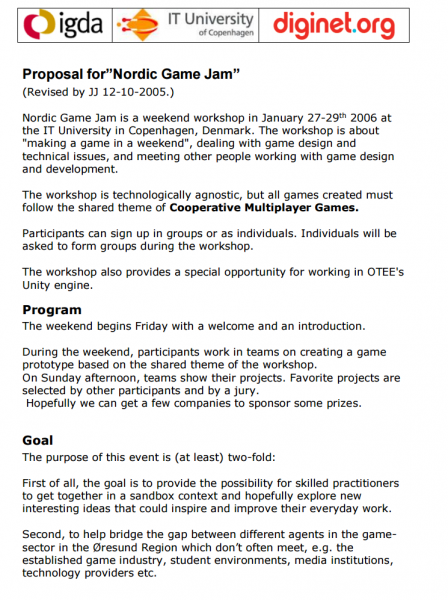
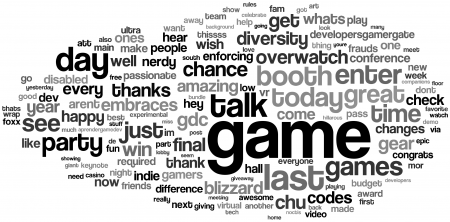
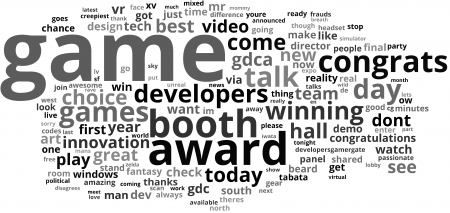
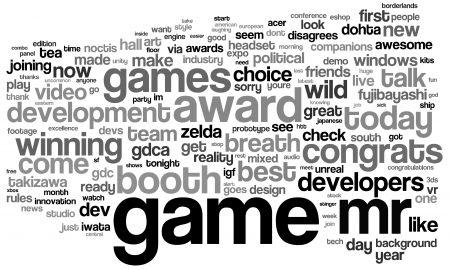
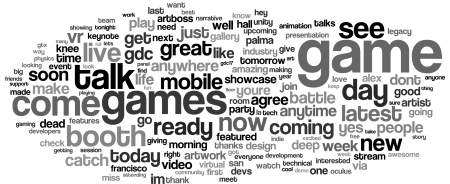
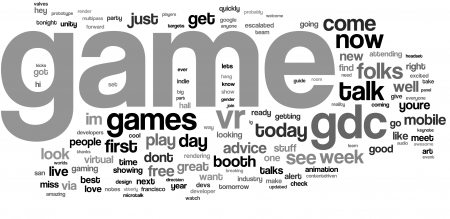
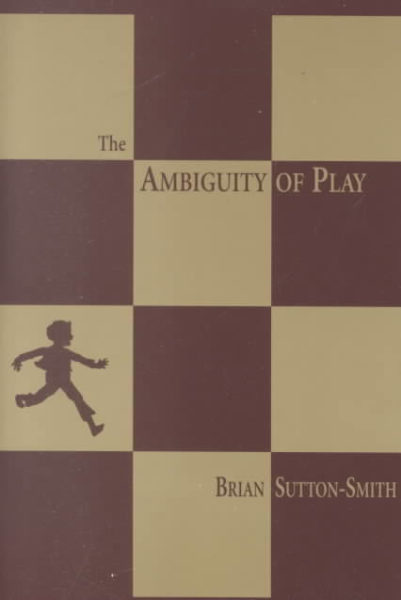 There is a change in our primary conceptions of playing, and game-playing. In Brian Sutton-Smith’s Ambiguity of play, he lists 7 common rhetorics of play, meaning 7 common ways in which play is framed.
There is a change in our primary conceptions of playing, and game-playing. In Brian Sutton-Smith’s Ambiguity of play, he lists 7 common rhetorics of play, meaning 7 common ways in which play is framed.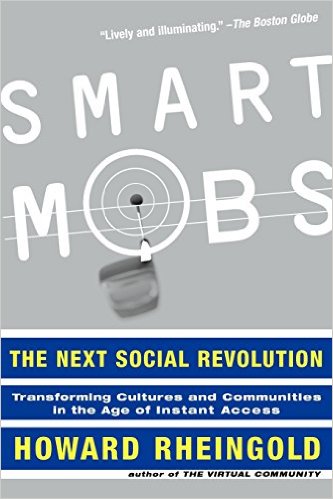 But now it seems we are in a darker place. This became clear to me when I rediscovered Howard Rheingold’s 2002 book Smart Mobs. Compared to this book, there is a distinct dystopian feeling now. We rarely discuss internet or game culture as something positive.
But now it seems we are in a darker place. This became clear to me when I rediscovered Howard Rheingold’s 2002 book Smart Mobs. Compared to this book, there is a distinct dystopian feeling now. We rarely discuss internet or game culture as something positive.